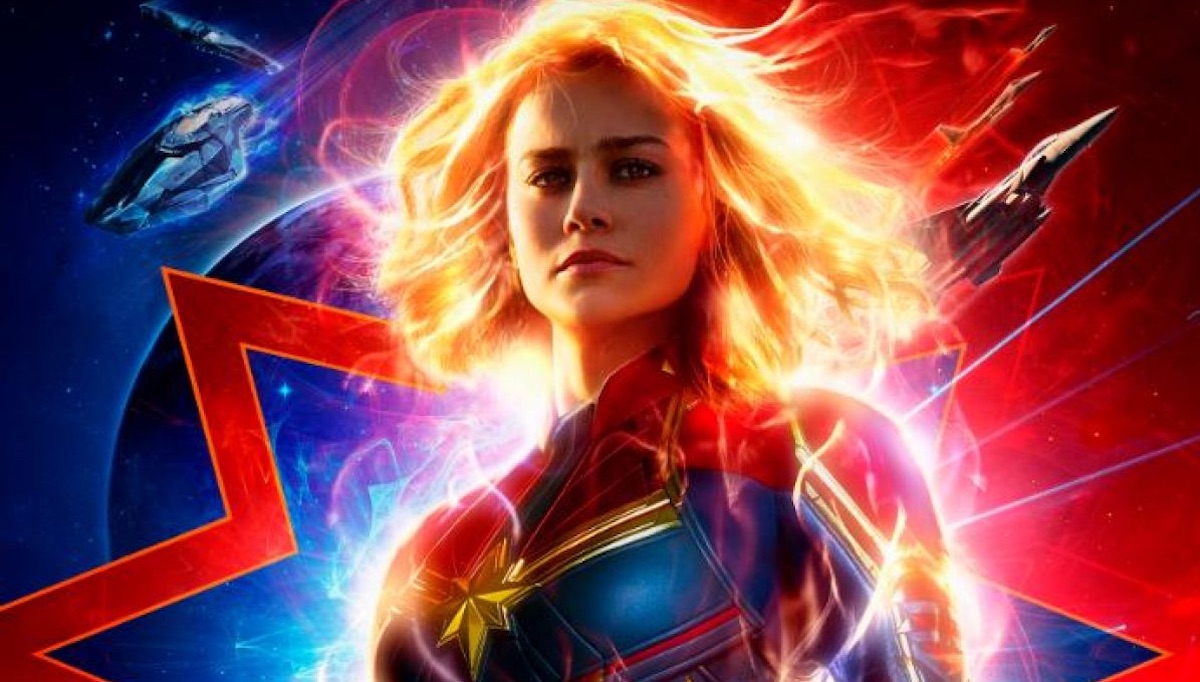Captain Marvel’s Box Office Proves Women-Led Films Are Here to Stay
But we need to diversify what those films look like.

With the popcorn swept up and the theaters now (somewhat) emptied, Captain Marvel now stands with an opening weekend box office total of $153 million domestically and $455 million internationally. The supposed boycott of the film? That didn’t turn out so well.
Disney distribution executive Cathleen Taff told The Hollywood Reporter, “Marvel Studios once again proves that stories combining diverse perspectives and different experiences make great movies that play to everybody. People crave representation. Higher, further, faster, baby.” Indeed, this makes sense, since it’s the second largest domestic start for a superhero film featuring a new lead, right behind Ryan Coogler’s smash hit Black Panther.
Were this five years ago, or even a few months ago, before I got on my soapbox about diversity at the box office, I would launch into a fairly mercenary conversation about how the box office receipts mean representation matters, but here’s the thing: At this point in time, with franchise films that embrace diversity and standalone features with representation, people are going to see films that are inclusive.
Between the success of Wonder Woman and Captain Marvel, female-led superhero films are here to stay. More importantly, both films have female directors or co-directors, as well as female writers, composers, and others behind the scenes. With blockbusters including women in important roles, more studios will take the leap and start becoming more inclusive behind the scenes, rather than giving the directorial or writers’ seats to whichever man reminds studio heads of a younger Spielberg.
Warner Bros. is already racing ahead with the production of the female-centric team film Birds of Prey, with rumors of a Batgirl and Supergirl film also in development. Marvel is already working on the nine-years-too-late Black Widow standalone. Hopefully, these films and their success will lead to more women getting the chance to lead their own films, both on and offscreen.
More importantly, hopefully, the success of inclusive films will lead to more women of color and LGBTQ+ women starring in their own films. So far, a majority of these films feature mostly white women, from Marvel and DC’s stable of heroines to even Star Wars‘s lineup of white brunettes. So far, no major studio blockbuster has featured a queer or trans woman in the leading role. Now that the shield of “women-led films won’t work” has been blown away, it’s time to approach other biases.
Let a grown up Monica Rambeau lead a new film set after Endgame, or let Kamala Khan get her own film ASAP. When a Young Avengers series happens, let Kate Bishop and America Chavez be more than gals who are pals. Cast a trans actress as a leading superheroine. Bring in a woman of color to play Batgirl, or Wonder Girl. If people are flocking to inclusive films, they will continue to flock to them even if the leads are not white or straight or cis.
The numbers don’t lie; it’s time to continue making inclusive films, but studios have to understand that inclusion isn’t white, cishet women alone. If they want female-led films, they need to include all women.
(via The Hollywood Reporter, image: Marvel Entertainment)
Want more stories like this? Become a subscriber and support the site!
—The Mary Sue has a strict comment policy that forbids, but is not limited to, personal insults toward anyone, hate speech, and trolling.—
Have a tip we should know? tips@themarysue.com